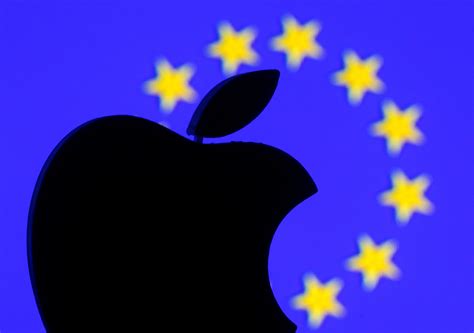Recently, Apple has found itself embroiled in a significant antitrust conflict with the European Union (EU). The core issue revolves around the European Commission’s enforcement of the Digital Markets Act (DMA), a regulation aimed at curbing anti-competitive practices by major tech companies. Apple’s policies, particularly regarding its App Store, are now under intense scrutiny, marking a significant moment in regulatory action that has implications far beyond the European continent.
The conversation around Apple’s App Store policies is not new, but it has gained increasing urgency. Developers and consumers alike have long criticized Apple’s high commission rates and stringent rules, which include preventing developers from informing users about cheaper purchasing alternatives outside the App Store. The EU’s potential actions against Apple could result in major changes to how app distribution, payment processing, and user information disclosure work on Apple devices. Given Apple’s significant market share, this controversy will likely affect a broad spectrum of stakeholders.
One of the most controversial aspects of Apple’s policies is the so-called ‘anti-steering’ rules. These rules prohibit developers from guiding users to make purchases outside the App Store, where transactions could occur without Apple collecting its substantial commission—often set at 30% of the transaction value. Critics argue that these rules obstruct free market principles and deny consumers the benefits of price competition. Interestingly, similar practices are seen across other tech giants like Amazon and Google, underscoring the pervasiveness of this issue in the industry.
Commenters on platforms like Hacker News bring an array of perspectives, often rooted in the broader ideological battle about consumer rights versus corporate policies. For instance, some argue that Apple’s control over its platform ensures high-quality, secure experiences for users. However, this comes at the expense of stifling competition and innovation from smaller developers who can’t afford to lose 30% of their revenue. Many others see Apple’s stubbornness as detrimental; they view regulation as a necessary force to balance the monopoly power that Apple wields.
Comparisons are frequently drawn to other sectors to underscore the anti-competitive nature of Apple’s policies. Imagine a marketplace where physical retailers prevent suppliers from offering lower prices elsewhere or even communicating this to customers. Such behavior would likely be deemed unacceptable. Yet, in the digital realm, these practices have become normalized. The DMA seeks to dismantle these ingrained monopolistic structures, benefiting consumers with more choices and likely lower prices.
Critics argue that Apple’s practices not only harm developers but also consumers, who ultimately bear the cost. If developers are forbidden from explaining to users that cheaper options exist outside of Apple’s ecosystem, users remain uninformed and continue to pay inflated prices. This is particularly concerning when Apple forbids even post-purchase communication, effectively keeping consumers in the dark about potential savings. Such tactics highlight a deeper issue: can a single corporation hold enough sway over consumer choices and market dynamics?
While Apple’s loyal customer base and robust ecosystem of applications and services have undeniably contributed to its success, it is worth pondering the cost of such success to the broader market. Smaller developers are squeezed, and consumers are left with fewer choices and higher prices. Regulation, such as the EU’s DMA, strives to create a more level playing field, pushing Apple to open up its walled garden and foster a more competitive environment. The ongoing scrutiny and potential sanctions serve as a crucial reminder: monopolistic control, no matter how well-dressed, ultimately brings harm that ripples through the industry and affects us all.


Leave a Reply